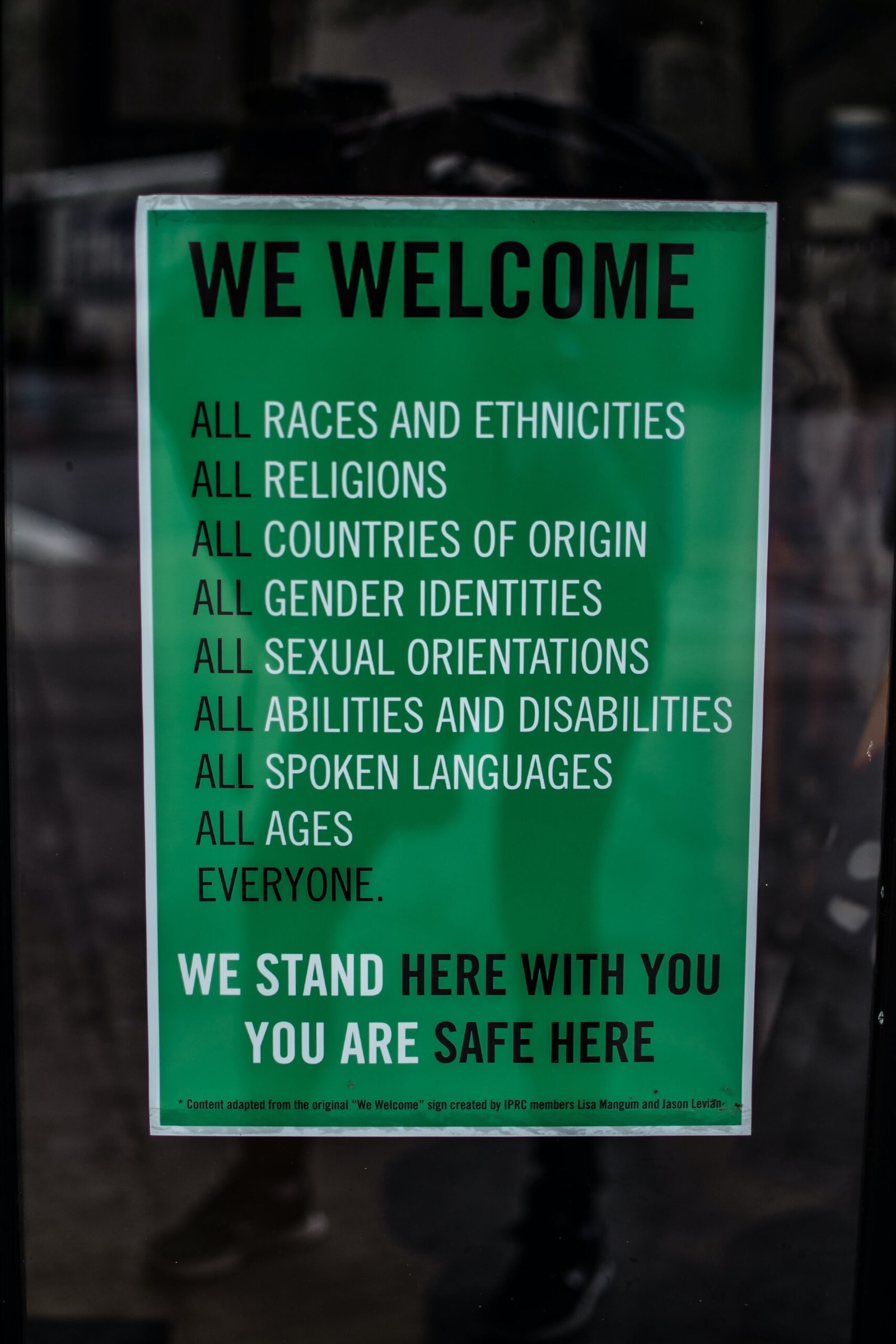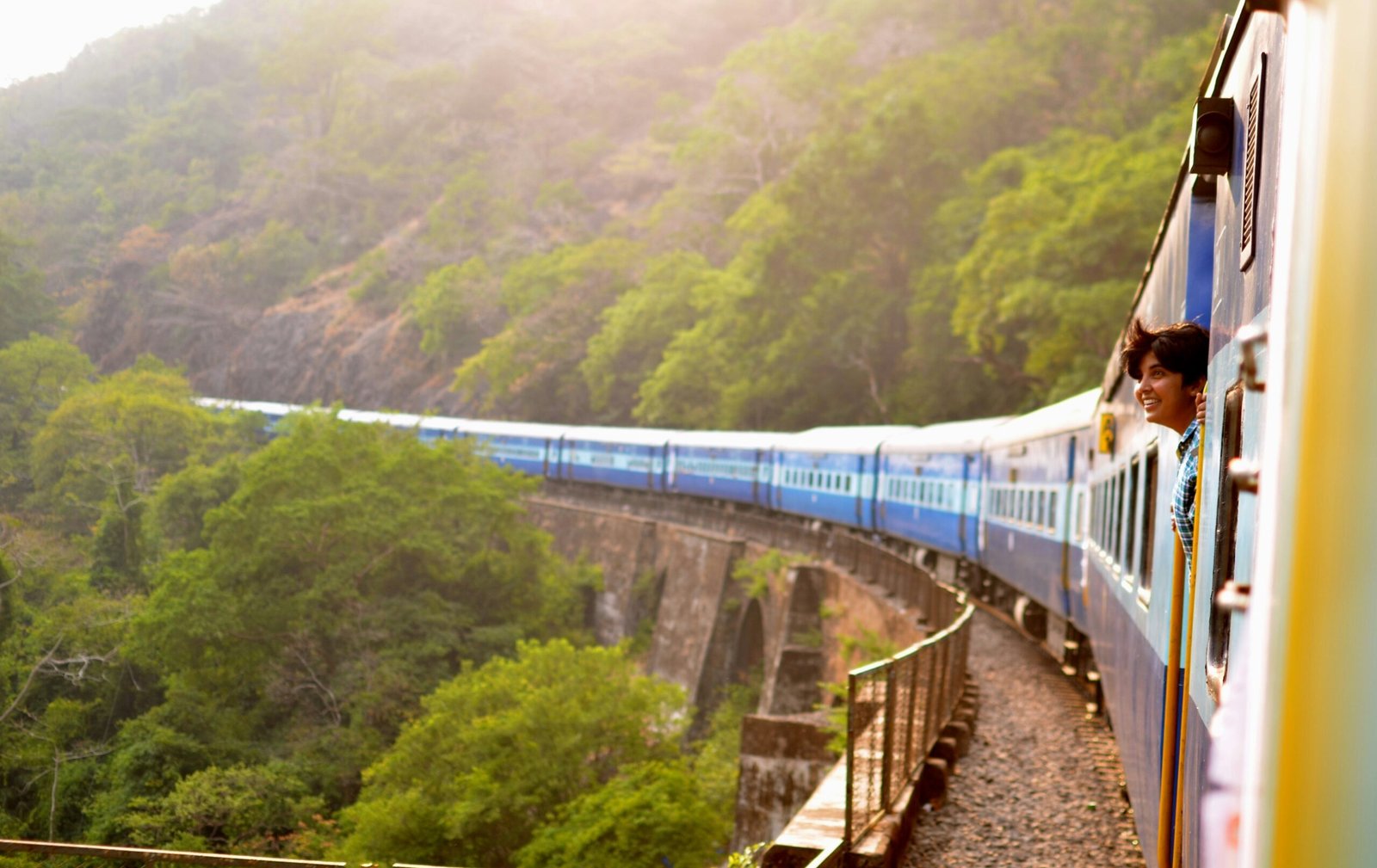Solo traveling, the act of exploring new destinations on one’s own, has seen a significant rise in popularity in recent years. This form of travel transcends age, gender, and cultural backgrounds, attracting a diverse range of individuals eager to experience the world independently. The demographics engaging in solo travel are broad; from young adventurers in their twenties seeking to discover themselves, to older adults looking for a refreshing change of pace, solo traveling caters to all.
The allure of solo travel lies in its unique set of benefits. Traveling alone offers an unparalleled opportunity for self-discovery, allowing individuals to step outside their comfort zones and navigate new environments without the influence or expectations of companions. This journey of self-exploration often leads to a deeper understanding of one’s strengths, preferences, and aspirations.
Independence is another core benefit of solo travel. The experience of making decisions independently can boost confidence and self-reliance, fostering a sense of empowerment. Without the need to compromise on activities, routes, or schedules, solo travelers can tailor their journeys to their own interests and pace, creating a highly personalized adventure.
Mindfulness, the practice of being present and fully engaged in the moment, is also enhanced through solo travel. With no distractions from travel companions, individuals can immerse themselves more deeply in their surroundings, whether it’s the serene beauty of a natural landscape or the vibrant atmosphere of a bustling city. This heightened state of awareness can contribute to a greater appreciation of the experiences and cultures encountered along the way.
As we delve deeper into the various aspects of solo traveling, it becomes evident that this mode of exploration is not just about visiting new places; it is a transformative journey that can significantly contribute to mental well-being. The subsequent sections will explore these themes in greater detail, illustrating why solo travel is a valuable endeavor for fostering a healthy mind.
Mental Health Benefits of Solo Traveling
Traveling solo offers a unique set of mental health benefits that are both profound and long-lasting. One of the most significant advantages is the reduction in stress levels. When you travel alone, you have the freedom to create your own itinerary, allowing you to prioritize activities that bring you joy and relaxation. This autonomy means you can avoid the stressors that often accompany group travel, such as coordinating schedules and accommodating others’ preferences.
Moreover, solo traveling has been shown to alleviate symptoms of anxiety and depression. The act of navigating new environments and cultures can be empowering, providing a sense of accomplishment and boosting self-confidence. According to a study published in the Journal of Travel Research, individuals who engage in solo travel report higher levels of personal growth and a greater sense of well-being compared to those who travel in groups.
Facing and overcoming challenges independently is another crucial aspect of solo traveling that contributes to mental resilience. Whether it’s finding your way through a foreign city or dealing with unexpected situations, these experiences teach problem-solving skills and adaptability. This resilience can translate into better coping mechanisms in everyday life, making it easier to handle stress and setbacks.
Expert opinions also support these claims. Dr. Tamara McClintock Greenberg, a clinical psychologist, notes that traveling alone can lead to a deeper understanding of oneself and an enhanced ability to manage stress. She emphasizes that the solitude of solo travel allows for introspection, which is essential for mental clarity and emotional well-being.
Personal anecdotes from solo travelers further highlight these benefits. Many recount how traveling alone helped them break free from their comfort zones, leading to newfound self-confidence and a renewed sense of purpose. Whether it’s conquering a fear of heights by hiking a challenging trail or simply enjoying the tranquility of a solo meal in a foreign cafe, these experiences contribute significantly to mental health.
In summary, solo traveling offers numerous mental health benefits, from reducing stress and anxiety to enhancing self-confidence and resilience. Supported by scientific studies and expert opinions, these advantages make solo travel an invaluable tool for maintaining a healthy mind.
Building Self-Reliance and Emotional Resilience
Solo traveling is a profound exercise in building self-reliance and emotional resilience. The process of planning and executing a trip independently demands a high level of problem-solving skills and adaptability. From researching destinations and booking accommodations to navigating unfamiliar territories and overcoming language barriers, the solo traveler is constantly engaged in decision-making. This independent approach fosters a strong sense of self-reliance as individuals learn to trust their judgment and capabilities in various situations.
Moreover, the challenges faced during solo travel often require quick thinking and adaptability. Whether it’s dealing with unexpected changes in itinerary, navigating public transportation in a foreign city, or managing unforeseen personal issues, solo travelers must remain flexible and resourceful. Successfully overcoming these hurdles not only enhances problem-solving skills but also instills a deep sense of accomplishment. This sense of achievement translates into increased confidence and self-worth, as individuals realize their ability to thrive independently in new environments.
Psychologically, solo traveling pushes individuals out of their comfort zones, encouraging personal growth and emotional resilience. The experience of stepping into the unknown and confronting fears or anxieties head-on can be incredibly empowering. Each new challenge met and overcome builds emotional strength, making individuals more resilient to future stresses and uncertainties. This resilience is not confined to travel alone but permeates other aspects of life, providing a robust foundation for handling life’s inevitable ups and downs.
In essence, solo travel serves as a catalyst for building self-reliance and emotional resilience. It cultivates problem-solving abilities, enhances adaptability, and fosters a sense of accomplishment. By pushing personal boundaries and embracing the unknown, solo travelers develop increased confidence and a stronger sense of self-worth. These psychological benefits have a lasting impact, contributing significantly to a healthier mind and overall well-being.
Mindfulness and Personal Growth Through Solo Travel
Solo travel offers a unique opportunity to cultivate mindfulness and personal growth. Being alone in unfamiliar settings compels one to engage in deeper introspection and self-discovery. The absence of familiar distractions and external expectations allows for a more profound connection with oneself, fostering a sense of clarity and self-awareness. This solitude can be an invaluable element in nurturing a healthy mind.
One of the primary benefits of solo travel is the space it creates for mindfulness. Without the immediate presence of companions, travelers can fully immerse themselves in the moment, appreciating the subtle nuances of their surroundings. This heightened state of awareness can be cultivated through various activities such as journaling, meditation, or simply observing the environment. Journaling, in particular, can be a powerful tool for reflection, helping to process experiences and emotions in real-time. Meditation, on the other hand, can deepen the sense of calm and focus, further enhancing the mindfulness practice.
Moreover, solo travel acts as a catalyst for personal growth. It challenges individuals to step out of their comfort zones, navigate new situations, and make decisions independently. These experiences build resilience and self-confidence. The freedom to set one’s own pace and itinerary also encourages self-reliance and autonomy, which are crucial components of personal development. The act of traveling alone allows individuals to confront and overcome fears, ultimately leading to a stronger, more resilient mindset.
Engaging with local cultures and communities during solo travel can also contribute to personal growth. By interacting with diverse groups of people and experiencing different ways of life, travelers gain broader perspectives and a deeper understanding of the world. This exposure can lead to greater empathy and open-mindedness, enriching one’s personal development journey.
In essence, solo travel is a powerful practice for enhancing mindfulness and fostering personal growth. By embracing solitude and engaging in reflective activities, travelers can achieve a deeper connection with themselves and cultivate a healthier, more resilient mind.









